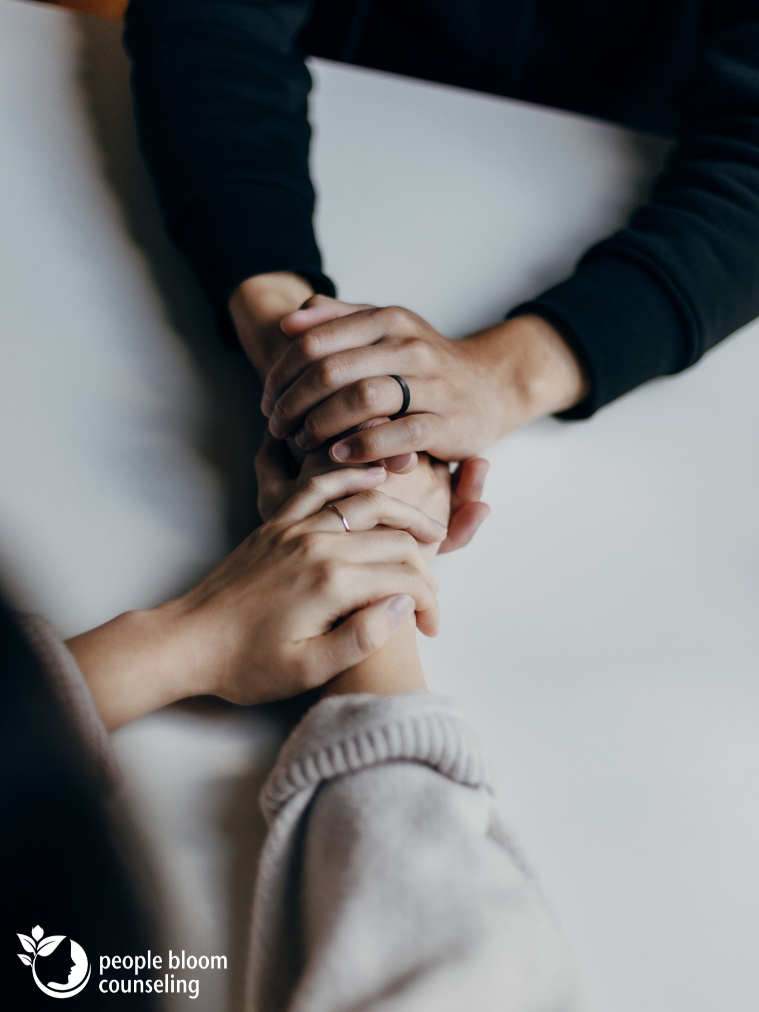Photo by Priscilla Du Preez on Unsplash
Having been through a family medical emergency recently, how to best support the immediate family is top of mind. Friends and the larger community come with the best intentions, but sometimes, things get missed. Here are a few tips on how to be a good friend during these critical times.
Drop off food in disposable tupperware - During a medical emergency, the last thing the family needs to worry about are dishes. If you want to drop off food, and there’s no obligation to, use unquestionably disposable tupperwares that do not need to be returned. If the family doesn’t answer the door, leave food on the porch and text. If they do answer the door, keep the conversation short. They might not have the emotional capacity to engage right now.
Expect no responses - Everyone is different and we all respond to situations in our own way. When you reach out to your friend to show care and support, expect no responses. If they engage, great! If they don’t, let them be. They’re not trying to be offensive; they’re simply preserving their emotional and physical energy to cope with their loss.
Respect your friend’s wishes - If you hear through the grapevine that your friend doesn’t want to be contacted for the time being, you’re no exception. Just because you’ve known them for a long time or you’ve been through similar situations doesn’t make you the person they want to talk to right now. Chances are, if and when they want to talk, you might very well be on speed dial. Until then, respect their wishes for limited contact.
Similarly, if they requested vegetarian dishes and you make a great meat lasagna that they used to love, listen to what they’re wanting right now. A meal for two with no leftovers is not a code word for something else.
It is hard to not be able to give the help and support you want to give when your friend is suffering. This is the time for your friend; not for you. When the tables are turned, I hope they’d show up for you too, in ways you find most supportive to you.
Ada Pang is the proud owner of People Bloom Counseling, a Redmond psychotherapy practice. She helps unhappy couples find safety and connection in their relationship. She also helps cancer thrivers and their caregivers integrate cancer into their life stories. She’s grateful for the power of friendships and how they can ease emotional burden during human suffering. Thanks for being that friend.





